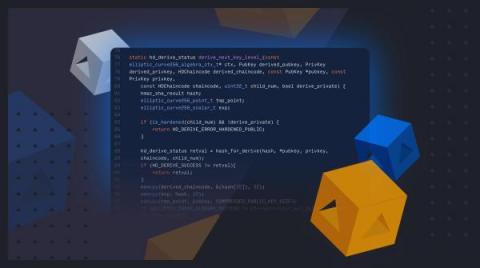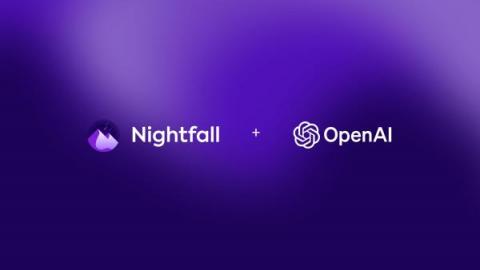Limitations of a single AI model
Today’s discussions on AI are often affected by emotions like fear and awe, as well as the fact that AI is reduced to large language models (LLM) — but this isn’t the entire story. So, let’s step back from these fears and dig into the data explaining why AI is richer than LLMs.









